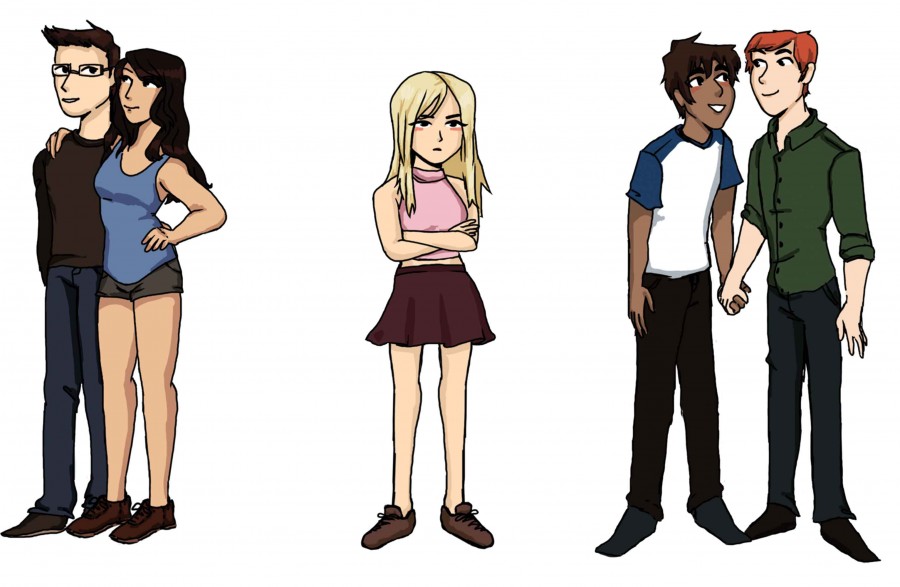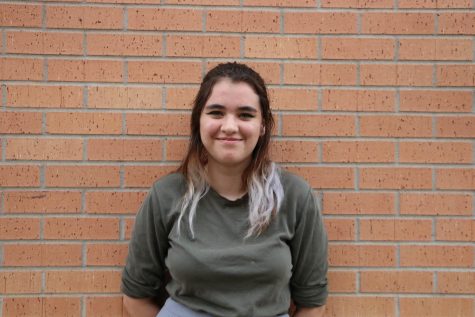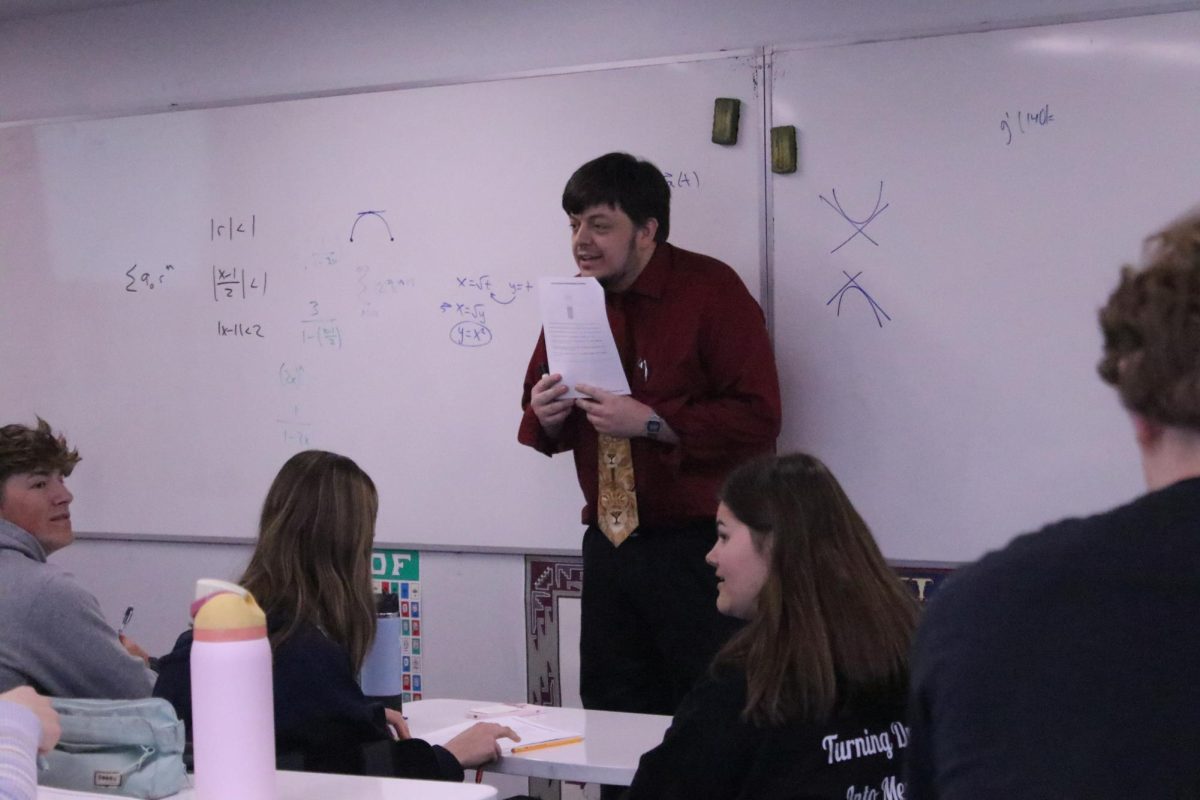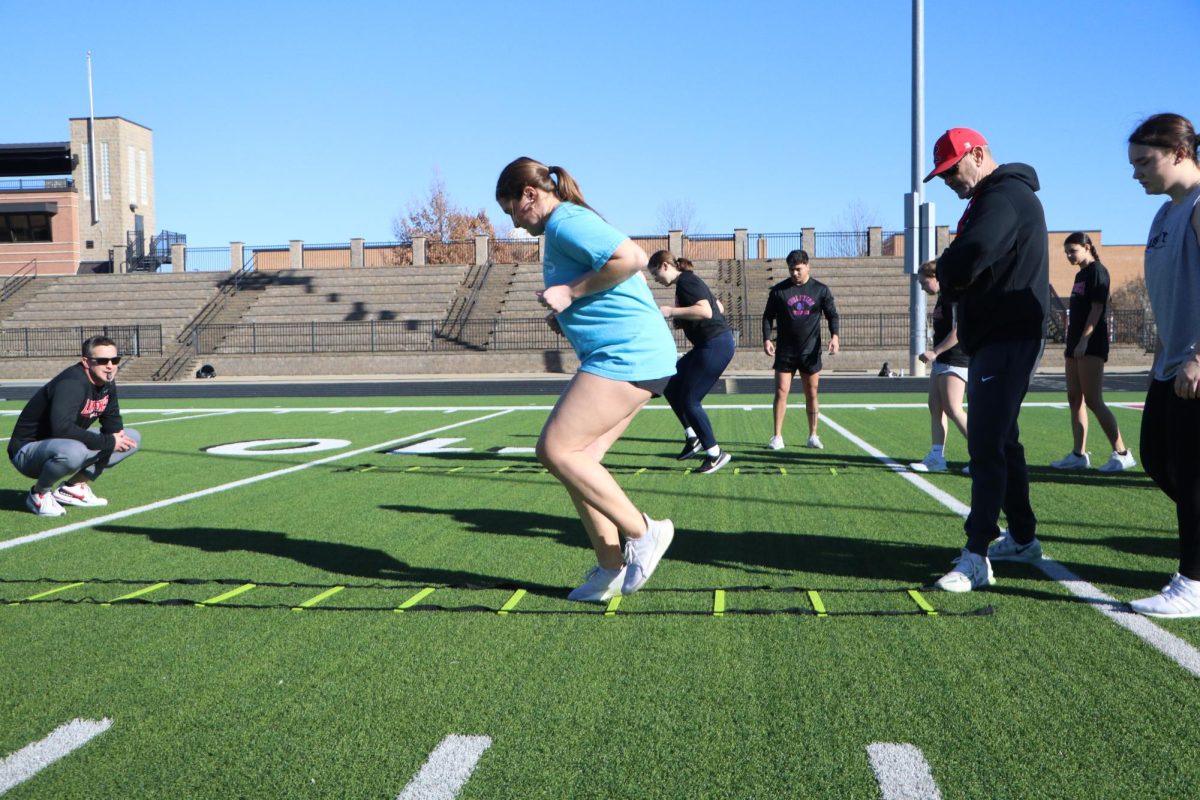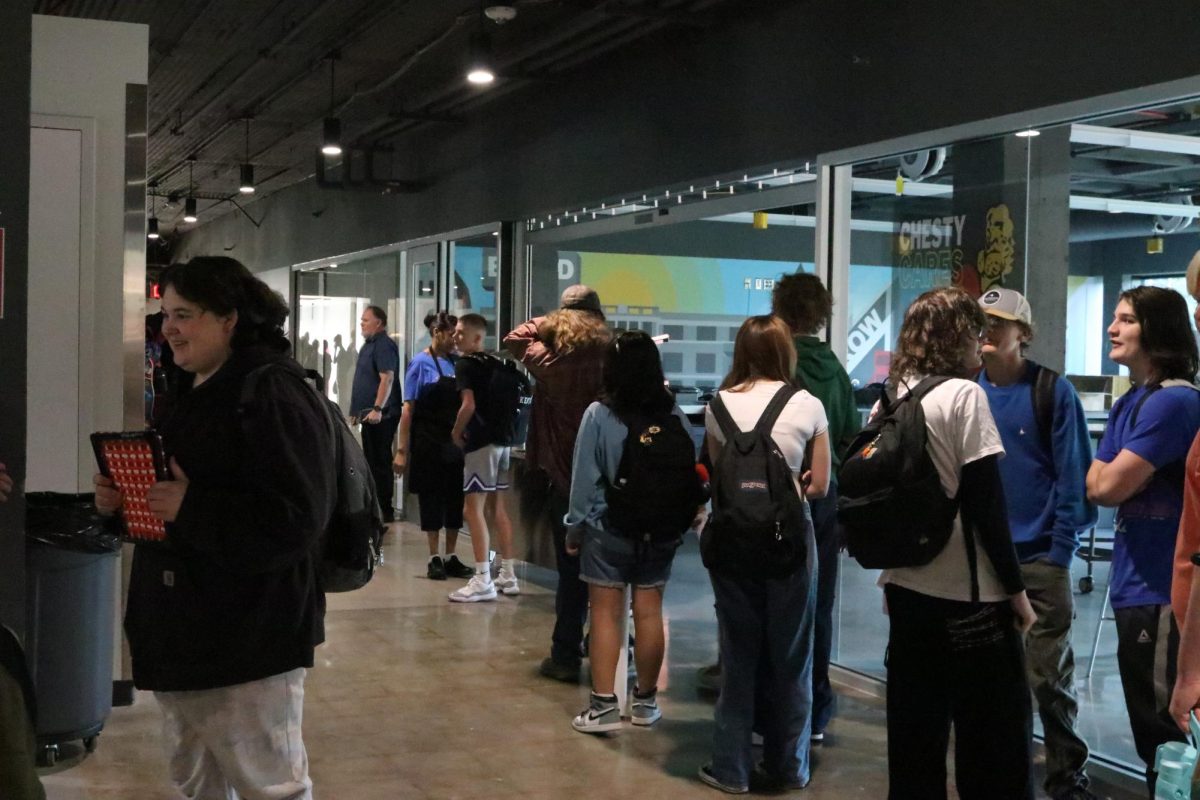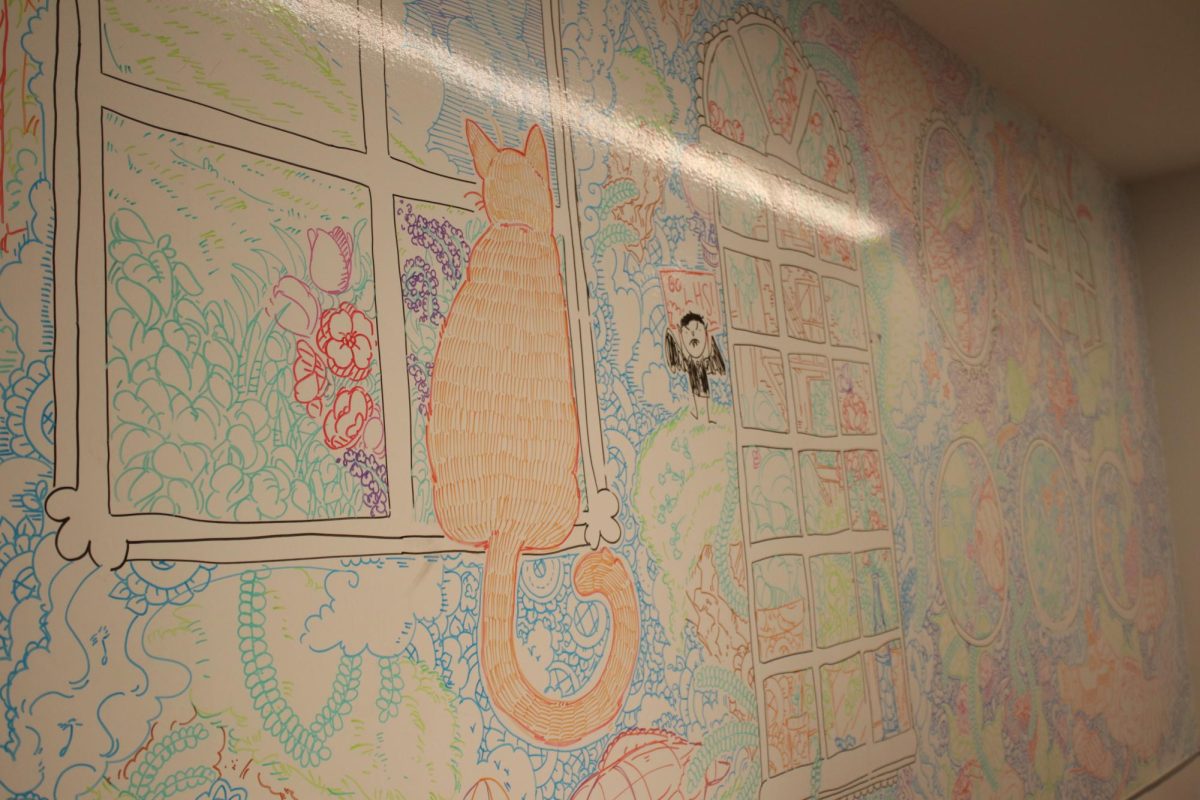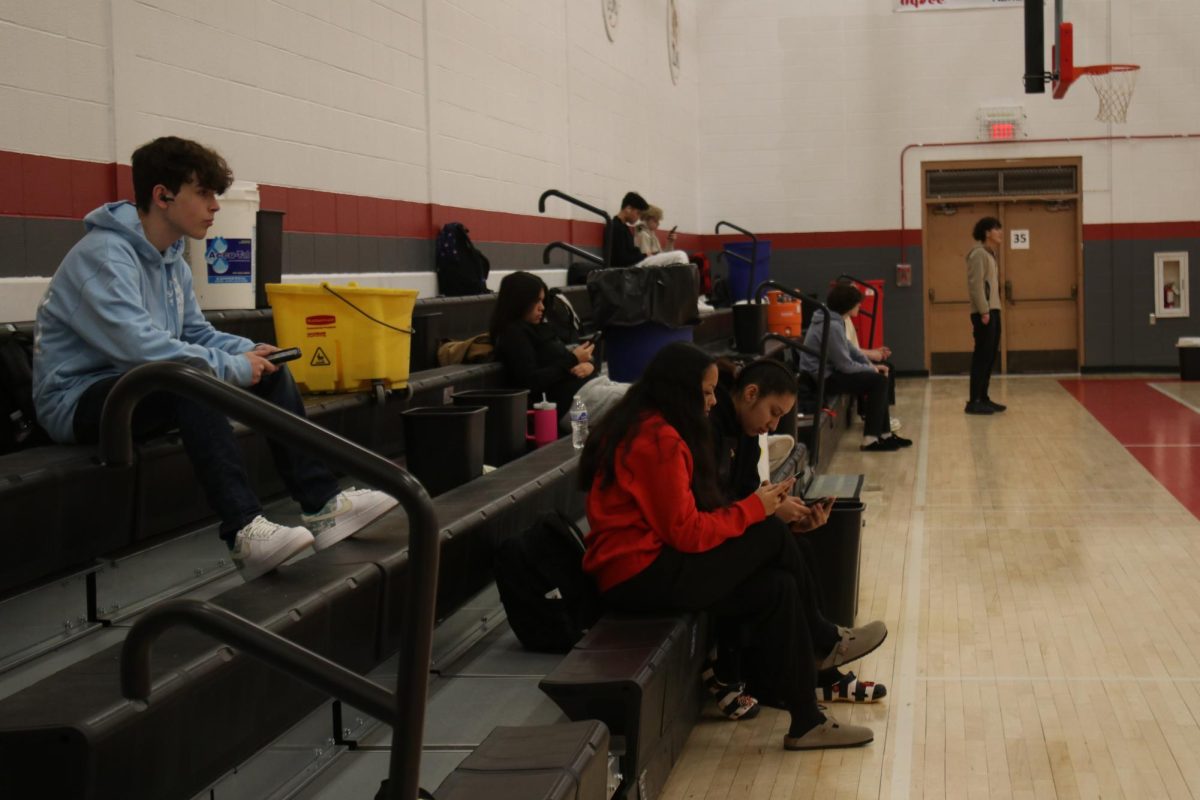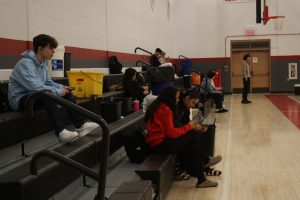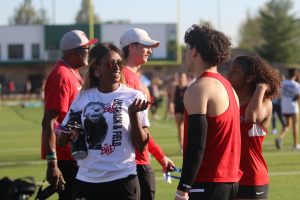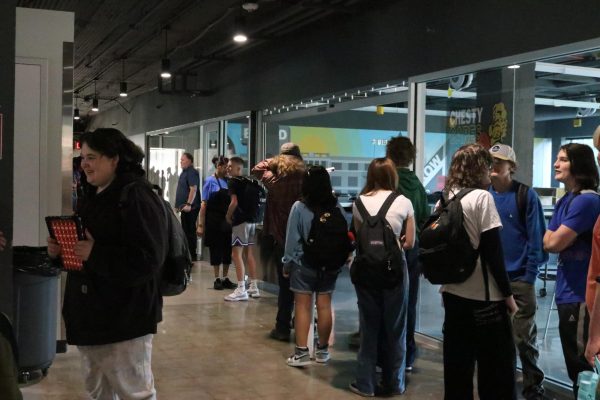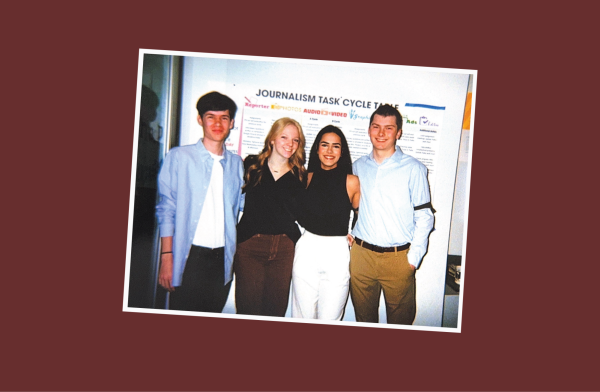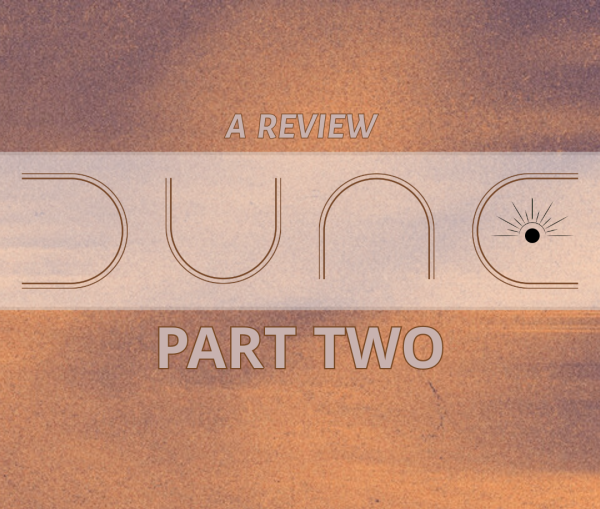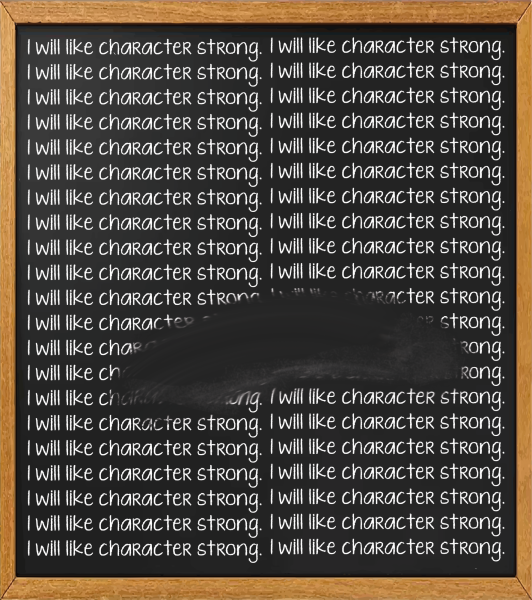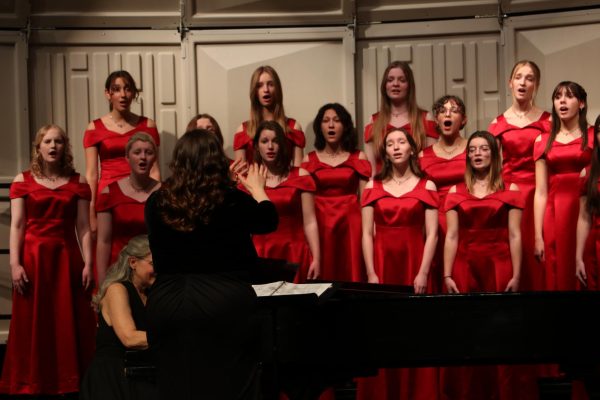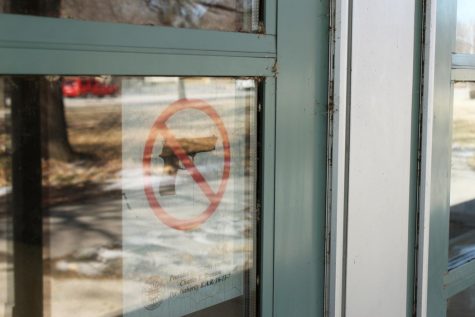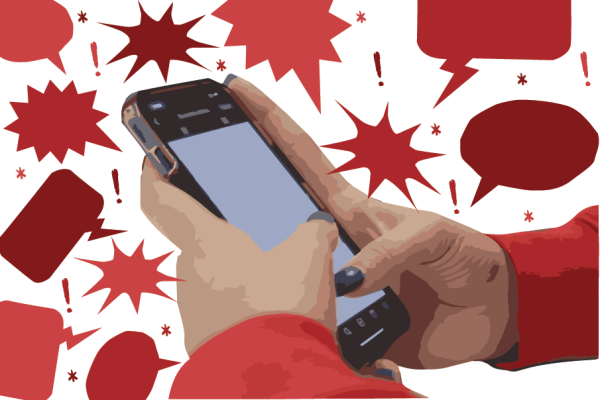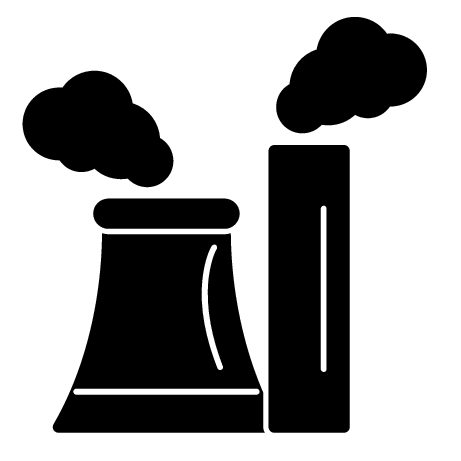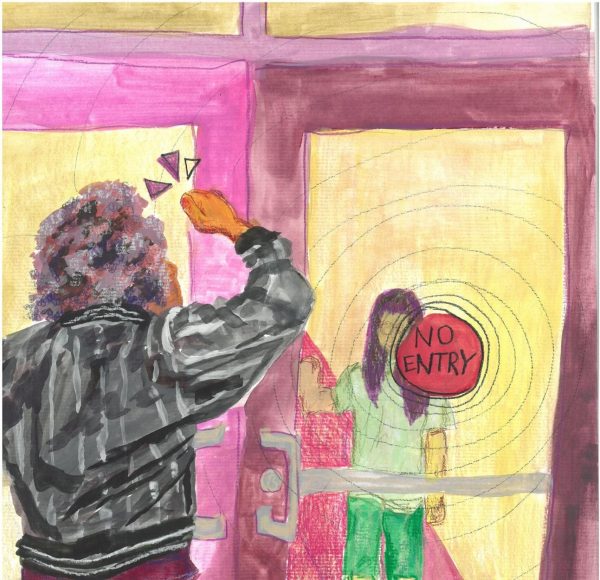What’s the ‘B’ stand for?
October 25, 2015
It’s hard being bisexual in high school.
But I mean, how would I know? Those who know me, even vaguely, know that I’ve had several relationships exclusively with males.
Which leads into the first problem, lack of numbers.
Being a bit gay is difficult when you’re surrounded by people who’ve known you since before you’ve had any sort of concept of your own sexuality. On top of this, even if I were to seek out a girl to date, “plenty of fish in the sea” with guys turns into “like five or six in a lake” with girls.
That’s not to say that I date guys because I can’t find any girls to date, it’s just that even if I tried, it would be difficult to find someone female and also not straight that I really connected with, considering how few girls come out this early.
As far as my personal experience goes, it’s more common for guys to come out in high school, so there’s a larger subgroup for gay males. This is positive for them because then it’s more accepted, and they have more possible partners. But I am not saying that being anything other than straight and cisgender is easy, especially for teens.
But the stigma of bisexuality is a sexualized one. Bisexual girls/women are often seen as dirty and extremely willing to do anything with anyone.
If people don’t sexualize bisexuality, they dehumanize or “don’t believe in” it, which doesn’t really make sense.
There are countless videos online of gay and straight people talking about bisexual people, as if it’s something to be reacted to or that they should have a say in. They accuse bisexuals of being cheaters, promiscuous and confused.
Due to this, I’ve felt this inability to openly identify myself this way. But then again, no one has asked.
Even with groups like GSA (the Gay-Straight Alliance), I haven’t felt like I would fit in. Surrounded by underclassmen and peers who have known me for years, I would likely be assumed to be a straight ally.
Growing acceptance of homosexuality is making society more accepting of gay couples but only gay couples. For example, if two men who are married are both bisexual, it’s not really a gay marriage. It’s a same-sex marriage.
Calling it a gay marriage pulls representation away from bisexual people — representation that’s already scarce.
While there are plenty of out bisexual celebrities and public figures, it’s not fully addressed. It’s surely not shown in books, movies and TV.
Typically, shows and movies define their characters as gay, lesbian or they’re just assumed to be straight. This is a borrowed example, but for the many who’ve watched the Netflix show “Orange is the New Black,” you’ll get it.
For those who haven’t, the basic plot is that a woman, Piper Chapman, gets thrown into jail because her ex-girlfriend, Alex, ratted her out. This is problematic for Piper because it happens in the midst of preparing for her wedding to her male fiancé, Larry. Throughout the show, Piper is referred to as bisexual twice, but constantly has Larry calling her “a lesbian,” while Alex’s woes consist of lines like, “This is what I get for falling in love with a straight girl.”
Beyond “Orange is the New Black,” many writers refuse to call their characters with bisexual tendencies bisexual. They stick with the easier straight-gay binary, if they go with anything other than the social default of straight.
Along with all of this, people concerned with social justice often push their own ideas onto bisexual people. Some try to correct bisexual people.
“Don’t you mean you’re pansexual? That’s more accepting of all genders.”
Well, the thing about that is, if I were pansexual, then I’d say it. I think many bisexual people already understand this and yet I often see people prying at others and correcting their self-identification.
This blocks out bisexuality as a concept. To be misidentified as either straight or gay is damaging.
But still, I don’t make a big point of it. In an effort to remain low-key and to avoid being overtly sexualized, like many girls my age already are, I just keep my mouth shut. It seems that a lot of times there’s no room for the bi voice. It’s not a perspective anyone’s asking for.
Yet without identifying this way on a very public scale, it feels like every time I talk about LGBT issues I’m dismissed by fellow queer people in the room because I’m just not gay enough.
With the growing acceptance and movement away from the sexual binary of gay and straight, myself and others can start having our voices heard.



